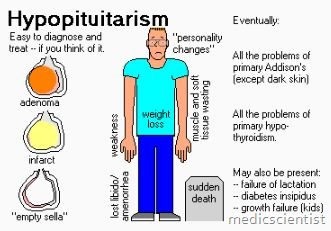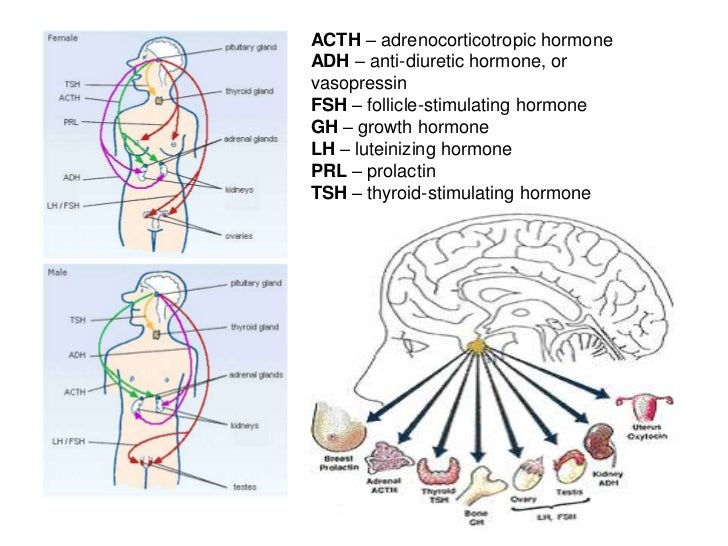Some individuals who claim never to have felt romantic love suffer from hypopituitarism a rare disease that doesn t allow a person to feel the rapture of love

Some individuals who claim never to have felt romantic love suffer from hypopituitarism, a rare disease that doesn’t allow a person to feel the rapture of love.

Love, often viewed as the most beautiful and profound emotion, holds a significant place in most people’s lives. It can evoke intense feelings of passion, happiness, and connection. However, for a small number of individuals, the experience of love remains a mystery due to a medical condition known as hypopituitarism. This rare disease affects the pituitary gland, located at the base of the brain, and disrupts the release of hormones, including those related to love and attraction.
Hypopituitarism is a complex condition with various causes, ranging from genetic mutations to traumatic brain injuries. The pituitary gland, also known as the “master gland,” controls the production and regulation of several essential hormones, including oxytocin and vasopressin. These hormones are pivotal in shaping our emotional responses, social bonding, and the feeling of romantic love.

Oxytocin, often referred to as the “love hormone,” is associated with maternal behavior, trust, and bonding. It plays a crucial role in forming emotional connections and is released during physical contact, such as hugging or sexual activity. Vasopressin, on the other hand, is involved in long-term pair bonding and monogamous relationships. These two hormones work in harmony to create the profound sensations of love that most people experience.
However, individuals with hypopituitarism have impaired function of the pituitary gland, leading to deficiencies in oxytocin and vasopressin production. As a result, they may struggle to form deep emotional connections and experience the euphoria associated with romantic love. These individuals may earnestly yearn for love, yet feel incapable of fully grasping its essence.
It is essential to note that hypopituitarism is a rare condition, and only a small percentage of those who claim to have never felt romantic love are affected by it. However, understanding this medical explanation brings empathy to those individuals who feel devoid of love despite their genuine desire to experience it.
While hypopituitarism can hinder the experience of romantic love, human emotions are incredibly complex and multifaceted. Love, in all its manifestations, cannot be reduced solely to physiological processes. Emotional connections can develop through various means, including platonic love, familial love, and self-love. The absence of romantic love does not diminish the countless other forms of meaningful connections that individuals with hypopituitarism can still experience.
In conclusion, hypopituitarism is a rare condition that disrupts the hormonal balance necessary for experiencing romantic love. While it is not a common cause for the absence of love, it sheds light on a medical explanation for those who genuinely yearn for this emotion. Understanding the potential link between hypopituitarism and the inability to feel the rapture of love enables us to offer empathy and support to those affected.
Tags
Share
Related Posts
Quick Links
Legal Stuff

